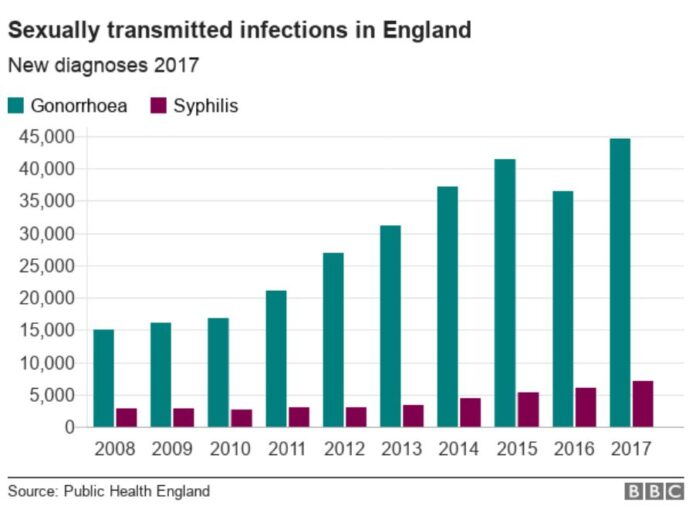“We are currently down to one last recommended and effective class of antibiotics, cephalosporins, to treat this common infection.”
“Gonorrhea is skilled at outsmarting the antibiotics that are used to kill it.”
Antibiotic-Resistant Gonorrhea: An Overview
Antibiotic resistance is the ability of bacteria to resist the effects of the drugs used to treat them. This means the bacteria are no longer killed by a drug that used to kill them before. The bacteria are then free to keep multiplying. Gonorrhea has developed resistance to nearly all of the antibiotics used for its treatment.
We are currently down to one last recommended and effective class of antibiotics, cephalosporins, to treat this common infection. This is an urgent public health threat because gonorrhea control in the United States largely relies on our ability to successfully treat the infection.
Gonorrhea is skilled at outsmarting the antibiotics that are used to kill it. For this reason, we must continuously monitor for antibiotic resistance and encourage the research and development of new drugs for gonorrhea treatment.
Surveillance
Surveillance for resistant gonorrhea in the United States is conducted through several projects: the Gonococcal Isolate Surveillance Project (GISP), the enhanced Gonococcal Isolate Surveillance Project (eGISP), and Strengthening the United States Response to Resistant Gonorrhea (SURRG). Antibiotic susceptibility testing is an activity common to each project.
(They should probably call this Goner Rrhea, because if you get it, you’re a goner)













